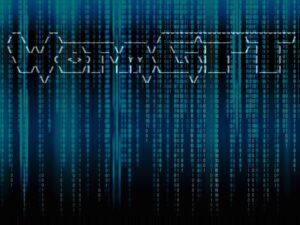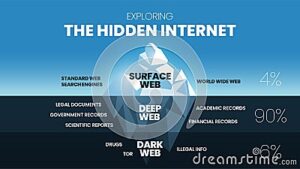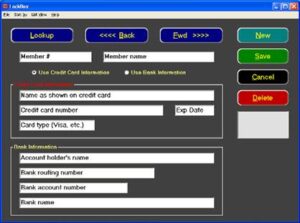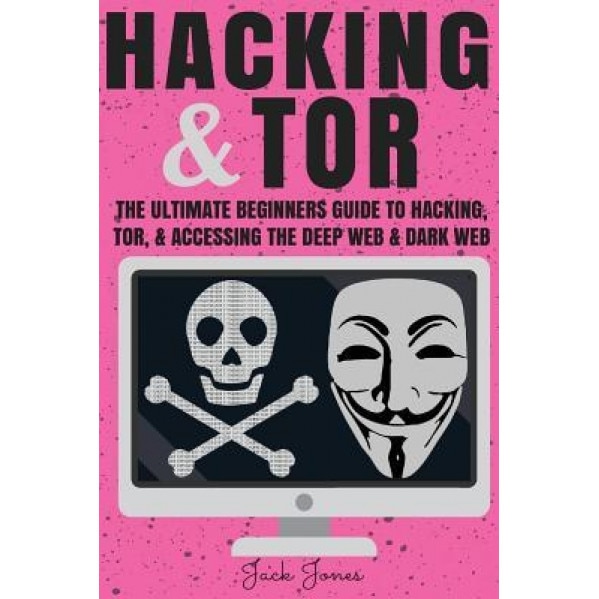
The dark internet is designed to provide anonymity by keeping communication private through encryption and routing online content through multiple web servers. While the dark web is often depicted as an anarchic forum for criminal activity, that’s not necessarily true. The darknet is simply an anonymous space on the web that can be abused or appreciated in turn. The dark web relies on encryption protocols and specialized software like Tor to anonymize user activity. Tor routes data through multiple volunteer-operated servers, or “nodes,” disguising the original IP address and location. This multi-layered encryption gives the network its “onion” structure, and each layer makes it more difficult to trace back to the source.
- In many cases, this information can itself be used to prevent illegal activities.
- The latter uses ChaCha20 for symmetric encryption, which is authenticated with Poly1305.
- In 2008, the Tor Browser was released, which made it easy for anyone to get on the darknet.
- This section will guide you through the essential preparatory steps and tools to ensure that you remain as protected as possible while exploring hidden services and tor onion domains.
- This guide explains what the dark web is, how it works, its potential risks, and essential precautions to consider before exploring it.
- Before accessing the Dark Web, carefully weigh the potential benefits against the risks involved.
Navigating The Dark Web Safely: A Beginner’s Guide
Moreover, given the nefarious nature of the dark web, some government agencies may set up Tor gateways to monitor what’s happening on the dark web. Individual sites on the dark web look much like they do on the regular web, though a lot of them are a bit more rough around the edges. (Presentation and polish isn’t quite so important on this part of the internet.) Click on any website link, and it’ll appear on screen, with its address at the top.
Avoid sharing personal information and be wary of any requests for sensitive data or financial transactions. Finally, it is advisable to use encrypted messaging services, such as PGP (Pretty Good Privacy), for secure communication on the Dark Web. While the Tor browser provides a high level of anonymity, it does not guarantee complete privacy or security, and users should exercise caution when navigating the dark web. The dark web refers to websites that are not indexed by traditional search engines like Google or Bing.
Understand Legal Risks

However, some activities on the dark web — such as illegal marketplaces or hacking forums — can be against laws in many jurisdictions. By definition, the dark web is the home to the darker corners of the internet. These corners are deliberately concealed from the public eye and require specialized tools and browsers to access, making it more difficult for the average person to explore. The dark web is not meant for the general public since it is harder to access and need technical knowledge. Accessing the dark web is not inherently illegal in many jurisdictions. It is a part of the internet that requires specific software, such as Tor, to access.
It is important to understand the legal implications of engaging with this hidden part of the internet. While the Dark Web itself is not illegal, certain activities conducted within it can be. It is crucial to differentiate between legal and illegal activities to avoid any potential legal consequences.
Connecting To The Tor Network
It is crucial to emphasize, however, that the Dark Web may be dangerous, and even with NordVPN, vigilance should be constant in order to avoid frauds and criminal activity. A Virtual Private Network (VPN) is a service that protects your internet connection by encrypting your data and routing it through a remote server. This process masks your IP address and makes it appear as if you are browsing from a different location. VPNs also provide an additional layer of security by encrypting your internet traffic, keeping your online activities private from prying eyes.
Onion Routing And Tor Network
- The deep web includes everyday online services requiring authentication (e.g., banking portals, medical records), while the dark web hosts anonymous websites.
- Authorities use the dark web as a tool to catch criminals participating in illegal activities such as human trafficking, drug or weapon deals, and more.
- Using a VPN in conjunction with the Tor Browser is an excellent way to keep your online travels secure and private.
- Using the Tor Browser is one of the best ways to protect your privacy, especially when combined with a reliable VPN.
- A VPN, or Virtual Private Network, creates a secure and encrypted connection between your device and the internet.
Organizations like Interpol, Europol, and national law enforcement agencies collaborate to share intelligence, resources, and expertise. These collaborative efforts aim to enhance the capabilities of investigators, facilitate information sharing, and foster international cooperation in combating Dark Web-related crimes. Some countries lack comprehensive cybercrime laws, complicating international efforts to combat dark web activities.
Major Risks When Browsing The Dark Web
Malware, viruses, or other harmful software can be disguised as innocuous files. Once the download is complete, locate the downloaded file and initiate the installation process. Follow the on-screen instructions to install the Tor Browser on your device. The installation process is straightforward and generally similar to installing any other software. On the Tor Project website, you will find different versions of the Tor Browser for various operating systems, including Windows, Mac, Linux, and Android. Choose the version that corresponds to your device’s operating system to ensure compatibility and optimal performance.
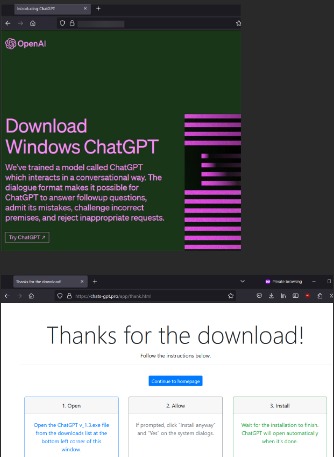
How To Get On The Dark Web In 2025: A Step-by-Step Guide
It allows you to access and browse websites anonymously, using masked IP addresses. You can only access the dark web with the Tor browser, which prevents tracking, surveillence, and ad targeting. The deep web is the next layer, and it encompasses a massive amount of online data that is not available for public consumption and not indexed by clear web search engines.
Sites on the dark web can contain potentially catastrophic pitfalls in the form of illegal activity, phishing links, financial scams, and malware infections. There’s also little to no recourse to be had if you encounter any trouble there, because the dark web is a decentralized collection of websites hidden from search engines. It’s the side of the internet that’s used for transactions and conversations that need to stay anonymous. Cybercrime services, such as hacking tools and stolen databases, are available for hire, creating a marketplace for illicit online activities. Dark web monitoring platforms provide secure communication channels for individuals seeking to expose information without fear of retribution.
For instance, did you know you can unknowingly break the law while browsing the internet? So, we know accessing the dark web is legal and provides many benefits to well-meaning users, such as enhanced privacy and defying censorship. Accessing the dark web is not illegal in the United States, but naturally, engaging in illegal activity while on the dark web can get you in hot water. For example, last June, two men were charged by the federal government for operating the Empire Market, which was a dark web marketplace where people could buy and sell illegal items and services.
With many Tor-based sites being overtaken by police authorities across the globe, there is a clear danger of becoming government target for simply visiting a dark website. The use of the dark web usually means that you are attempting to engage in activity that you could not otherwise carry out in the public eye. Understanding that the nature of the internet meant a lack of privacy, an early version of Tor was created to hide spy communications. Eventually, the framework was repurposed and has since been made public in the form of the browser we know today.
Step 2: Navigating Safely
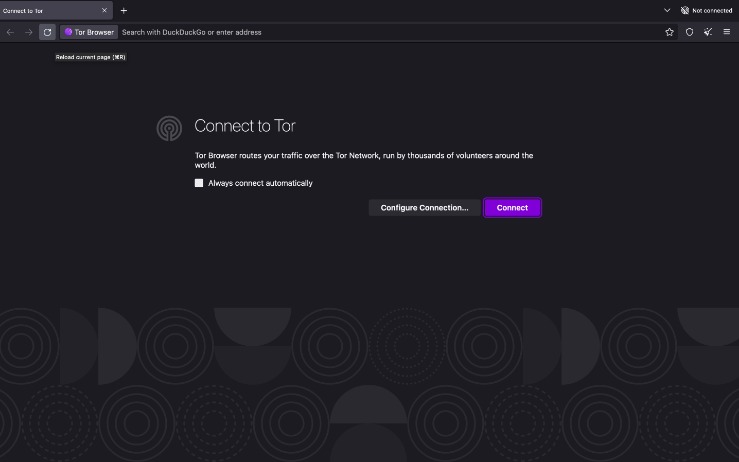
However, it also serves as a tool for privacy-conscious individuals, activists, and others who need to operate in secrecy. Aside from government agencies, other entities, including corporations and hackers, could potentially monitor and track your movements across the dark web. Again, they can use various tools and technologies for this, like tracking tools or social engineering techniques. This is another reason it’s best to use a VPN and be careful on the dark web to preserve anonymity. As well as phishing scams, a multitude of other scams operate across the dark web.
Connecting to the Tor network might raise eyebrows depending on who and where you are. Although data sent through Tor can’t be tracked or decrypted, your internet service provider and network administrator can still see that you’re using Tor. The VPN’s encryption will hide from your ISP the fact that you’re using Tor. Then there’s the less popular VPN over Tor, which is advised against by the official Tor Project. Only two VPN providers that we know of, AirVPN and BolehVPN, offer this service, although neither of these score highly for speeds. Internet traffic first passes through the Tor Network, and then through the VPN.
Unlike darknet mode, opennet uses a handful of centralized servers in addition to the decentralized peer-to-peer network. Obviously, finding these .onion websites is the first challenge, as they won’t show up in Google search results. You can’t just Google “Silk Road” and hope to land on the dark website. If you want to use Tor privately, you can use either a VPN or Tor Bridges (Tor nodes that are not publicly indexed). Tor users in the USA, in particular, may want to use a VPN, which will be faster and more reliable.
